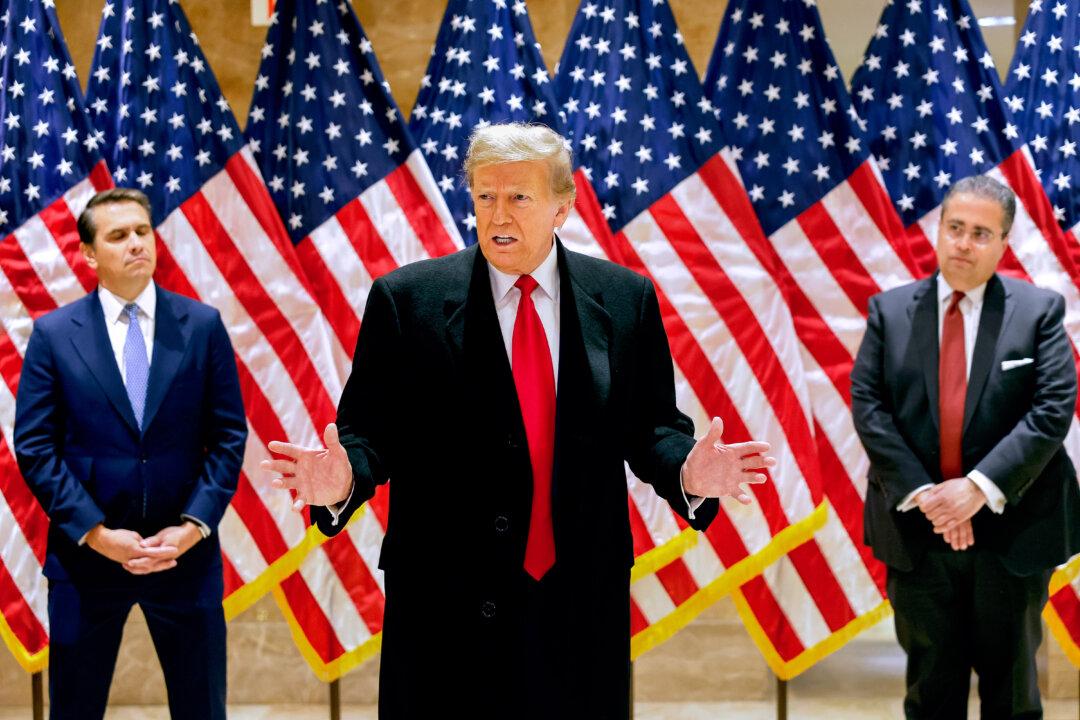Justice Juan Merchan is likely to rule on former president and current front-runner Donald Trump’s alleged gag order violations shortly after the “hush money” trial resumes this week. Following a Monday recess, direct and cross-examination will continue on April 30, May 2, and May 3. The judge’s decision could come on any one of those days.
The hotly anticipated ruling adds a new layer of novelty to what is already an unprecedented case in which prosecutors have reinterpreted legal standards and concepts in pursuit of a political foe, a legal scholar and expert witness in high-profile criminal cases has told The Epoch Times.





